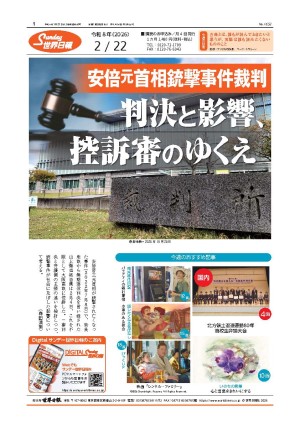オハイオ州でアーミッシュとメノナイトの動員に取り組む共和党 Republicans reach out to Amish, Mennonites in Ohio
マイク・ペンス米副大統領が参加した10月31日のオハイオ州中央部での選挙集会には、意外な2人の有権者が出席した。農家のレヴィ・ミラーさんとベン・ホステトラーさんだ。2人は、保守的なアーミッシュとメノナイトの人々を投票所に動員するトランプ支持者と共和党の断固とした取り組みの象徴だ。
ミラーさんとホステトラーさんは普段、馬車に乗っているが、この集会には「バイカーズ・フォー・トランプ」という団体のボランティアに乗せてもらってやって来た。この団体は2年前からオハイオ州に住むアーミッシュへの働き掛けに取り組んでいる。
...【全文を読む】







